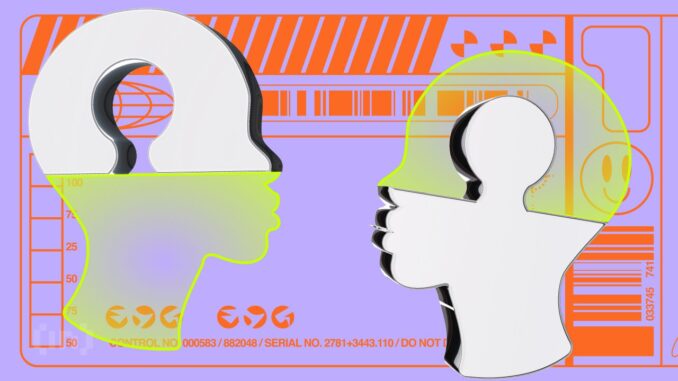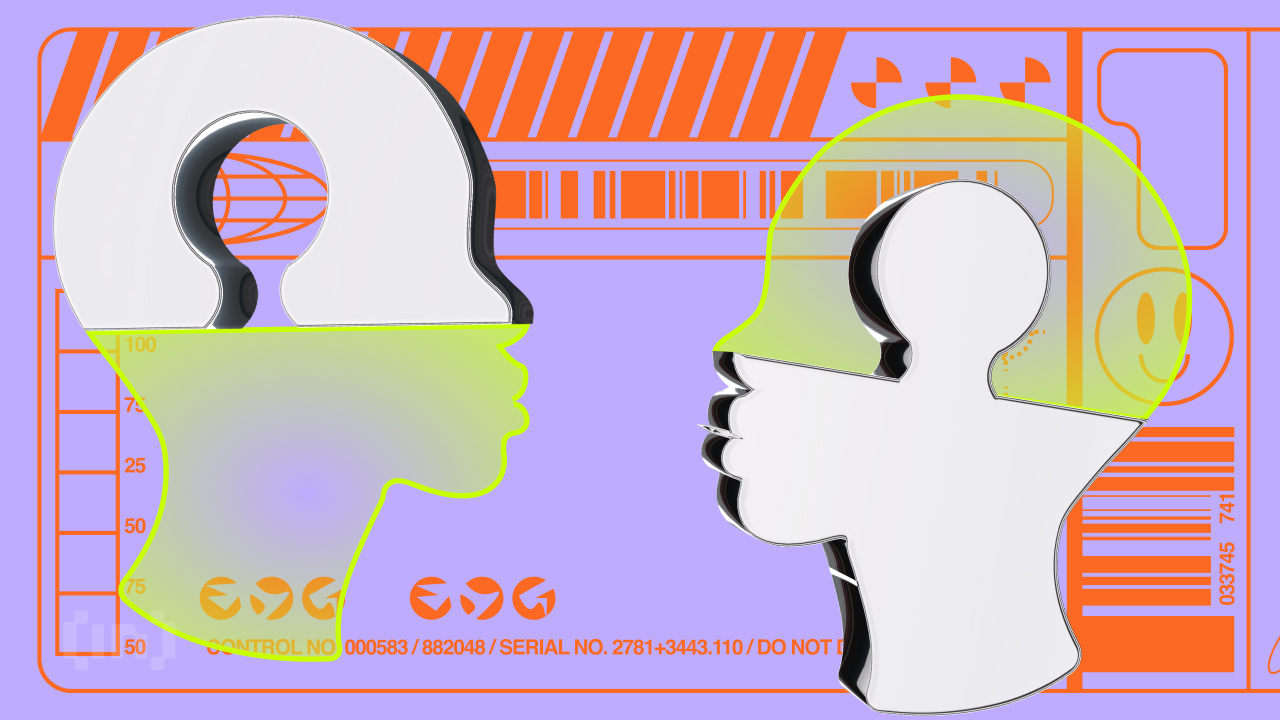
[ad_1]

Comedian Sarah Silverman has taken legal action against technology giants OpenAI and Meta, accusing them of AI copyright infringement. Silverman and other professionals claim that the advanced language models utilized their written work without authorization for training.
Two lawsuits are reportedly in motion, pushing the need for regulating AI across jurisdictions.
The New York Times report that Sarah Silverman, along with authors Christopher Golden and Richard Kadrey, has filed two class-action lawsuits against OpenAI and Meta. They allege that these companies illegally copied and used their copyrighted materials for training their AI programs.
The lawsuits were filed in the San Francisco Division of the U.S. District Court of the Northern District of California.
The litigation claims that the companies obtained copies of the authors’ works, including Silverman’s memoir “The Bedwetter,” from illicit online “shadow libraries” housing numerous texts. The tech giants are yet to respond to AI copyright infringement claims.
Meta, formerly known as Facebook, faces specific scrutiny due to its research paper discussing LLaMA, the model used for chatbot training. The legal action seeks damages and injunctive relief.
The lawsuits could potentially change how these programs work. Some users disagree with the action. In response, Californian artist McKinley Marshall tweeted that only some people understand the distinction between AI tools and content-generating engines.
Marshall noted,
“AI tools are like a thesaurus—they help improve your work but don’t originate squat. AI content ‘creation’ engines don’t create—they just mashup the human works used to program them.”
How AI Works?
The specifics of the training datasets used for chatbot training are less transparent.
But AI largely utilizes progressive learning algorithms. A model that enables data-driven programming. This essentially means that it can analyze and identify patterns so algorithms can self-teach new abilities.
The lawsuit argues that the program’s ability to generate summaries of the plaintiffs’ works would only be possible with copyrighted materials.
In their claims against OpenAI and Meta, the lawyers state that these companies include the plaintiffs’ works without proper consent, acknowledgment, or compensation. The attorneys told that paper that more lawsuits might be on the way.
Legal Battles Amidst Regulatory Evolution
This is not the first time tech giants have faced legal challenges. In January 2023, OpenAI, Microsoft, and GitHub were named in a class-action lawsuit. The action also alleged inappropriate monetization of open-source code for training their AI systems.
OpenAI and Microsoft, however, argue that the case lacks specific evidence of harm caused by their actions.
While these lawsuits unfold, regulatory efforts surrounding AI are gaining traction worldwide.
Italy recently became the first country to outlaw ChatGPT-4, prioritizing the need to regulate AI technology. In another notable instance, Costa Rican lawmakers engaged ChatGPT to draft a bill on their behalf.
The bill was reportedly introduced in May and is amid public discourse.
Disclaimer
In adherence to the Trust Project guidelines, BeInCrypto is committed to unbiased, transparent reporting. This news article aims to provide accurate, timely information. However, readers are advised to verify facts independently and consult with a professional before making any decisions based on this content.
[ad_2]
Source link




